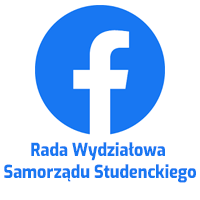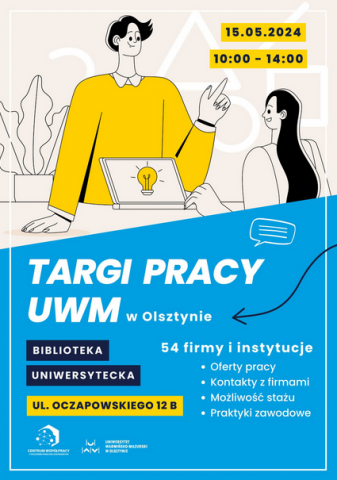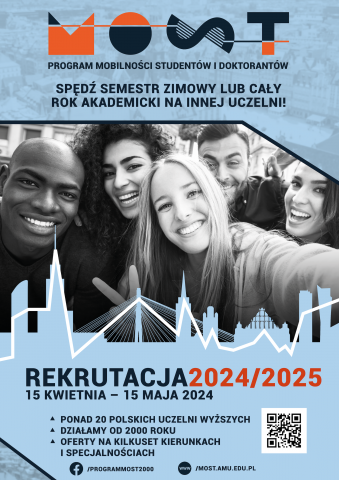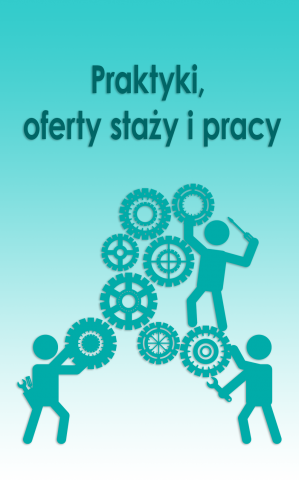Microeconomics of Competitiveness
Harvard Business School Affiliate
Course Overview
The Faculty of Economic Sciences is an affiliate of Harvard Business School and offers the Microeconomics of Competitiveness (MoC) course created by Professor Michael E. Porter from the Institute for Strategy and Competitiveness. The course is currently offered in over 100 institutions that participate in the Microeconomics of Competitiveness network.
The course is designed for students interested in competitiveness at the local, regional and national level. The aim of the course is to build awareness of the microeconomic conditions of competitiveness in modern economies and to develop the skills necessary for identification and creative analysis of factors determining competitiveness based on the concept of clusters. The course employs a case study teaching method and original Harvard Business School case studies and materials are the core part of the course’s curriculum.
Throughout the course various determinants of competitiveness viewed from a bottom-up, microeconomic perspective are explored. Course participants gain insight into the processes of prosperity creation through the analysis of its foundations – sound macroeconomic policies, effective institutions, and improvement of social conditions – coupled with the ultimate determinants of competitiveness: firm productivity, clusters’ strength and the quality of the business environment.
MoC in Olsztyn
Throughout the years, hundreds of students of the Faculty of Economic Sciences completed the Microeconomics of Competitiveness course. During the initial years of our affiliation with Harvard Business School (between 2007 and 2017) seven elective courses in English were organized.
In the following years, the course was redesigned and converted into a workshop within the “University of Great Possibilities – a program to improve the quality of education process management and the quality of teaching”. Currently, the Microeconomics of Competitiveness course is offered for students of two majors at the Faculty of Economic Sciences – Economics and Management who during classes analyze various case studies on topics related to building competitiveness and clusters as drivers of prosperity.
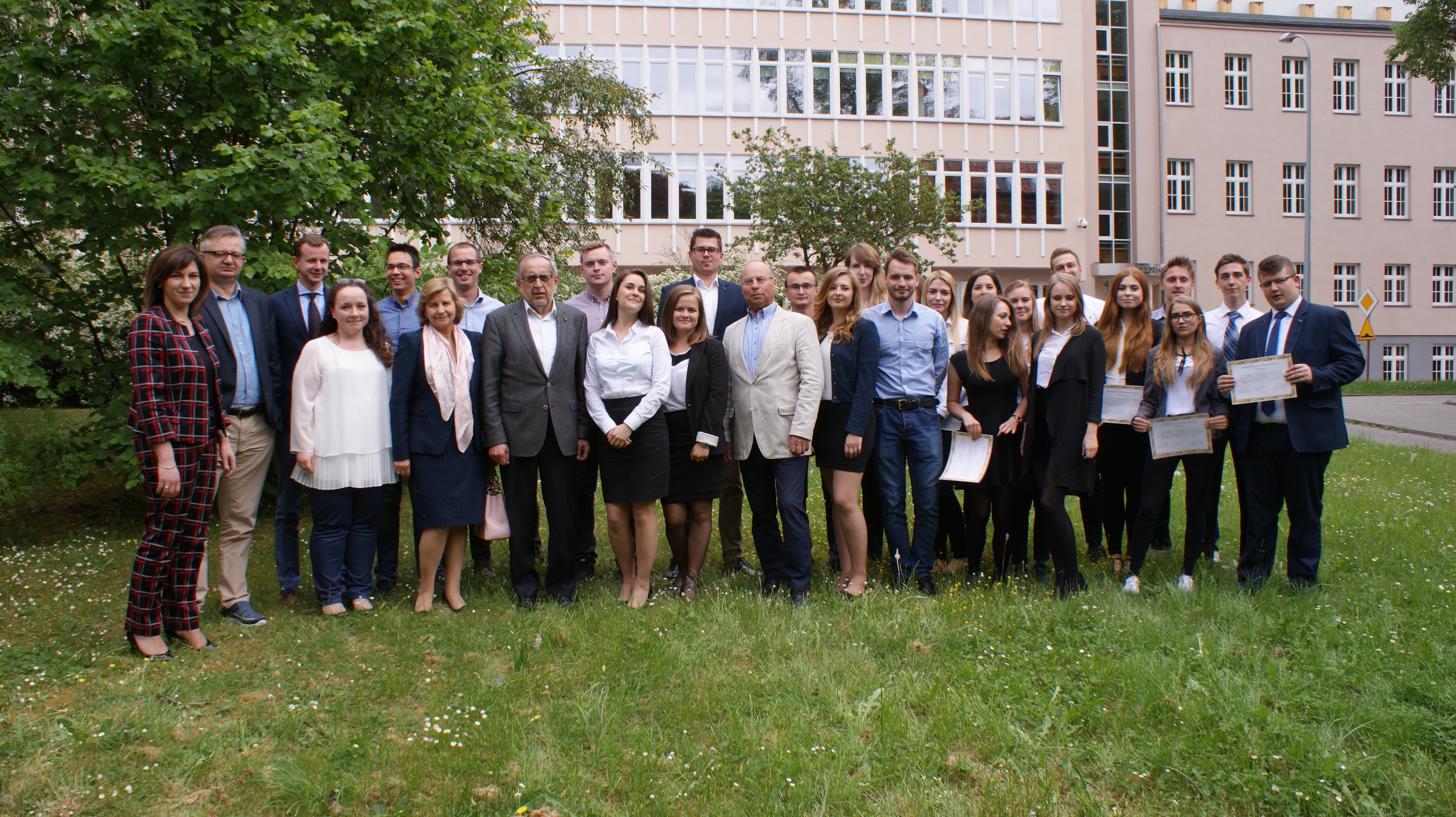
MoC Alumni Feedback
Piotr Głuszczuk, Head of Supply Chain Management Central Europe, Roche Diabetes Care:
The Microeconomics of Competitiveness course has provided me with an in-depth understanding of the structure of business clusters and their role in XXI century economy. In addition, gaining insights into the concept of competitive advantage has profoundly changed the way I perceive modern enterprise operations and the unique success factors necessary to develop it and make it profitable, while exerting a positive impact on society.
Radek Sadurski:
This course showed me a different perspective on competitiveness in a particular industry: why having competition is better than not having competition and how those 'competing' entities can together create a unique value by collaborating in some fields. Personally, it also gave me a network of people with a similar mindset and long-lasting friendships.
Monika Szałaśny, project manager and IT business analyst at SkyCash:
When it comes to MOC, it was one of the most valuable courses during my studies. For me personally it was a simulation on how to professionally finish a project before the deadline. MOC, through its multidimensionality, developed all the competences I currently use, especially the analytical. I remember when we were divided into smaller project groups for the purpose of presenting the final report, we had to be able to communicate, assign roles, share tasks, and work for a common goal and towards a deadline. There was no place for a typical university memorization of theories just to pass the course, it was about working with a real issue (case study) which we had to examine and address from the beginning to the end. We had to be able to make certain assumptions and draw final conclusions. In addition to analytical and teamwork skills, MOC also developed my ability of public speaking in English – a standard task for many of us today in our professional lives as we present the results of our work to the management board. Summing up, I have very fond memories of the MOC final report and I believe that university courses conducted in such a practical way would significantly improve the quality of teaching.
Ramona Saums, analyst, financial crime investigations:
Participating in the MOC course not only gave me a better understanding of different perspectives regarding economic development, it also grew to become one of the early factors fostering my interest in pursuing an international career, which I have successfully achieved.
Paulina Olszak (she/her), financial analyst:
During the Microeconomics of Competitiveness course I had a chance to expand my Business English skills based on various case studies during the lectures. The final class was dedicated to the groups' presentations that took us out of the comfort zone and taught us more about public speaking. I would recommend this course to everybody who would like to challenge themself and learn more than any other course.
Ewelina Sobotko:
My primary motivator in pursuing the MOC course was to take control of my own business education to be ready to tackle my business ambitions. And, so far, I have known that if prospective business professionals want to fit into the new global landscape, they need to find a place for theory and philosophy in the business world. Having said that, I do feel I have expanded my professional opportunities.
Anna M. Olszewska:
What is special and significant about the MOC course is the team project which evaluates the competitiveness of a cluster within a country and the competitiveness of the country itself. Working on it back then (in 2007) was a great experience.
Grzegorz Mękarski, owner of a Bilingual Kindergarten Mieszko I in Elbląg:
For me these classes were great because we were working on real life scenarios. We were learning how to work in a group, what mistakes we should avoid but the most important thing for me was the possibility to acquire a more "Western" way of thinking about business which is: ask a person how they managed to succeed in business and try to follow their approach rather than dig a hole to make them fall because you cannot catch up.
Dominik Sadłakowski, PhD:
Thanks to my participation in the Microeconomics of Competitiveness course during my economic studies I was able to learn about the aspects of building a competitive advantage of an organization. The practical aspects and program based on case studies support the understanding of real market problems in relation to economic theories. I use the knowledge gained during that course every day, both in my business and in my research career.
Kamil Decyk, PhD:
Through participation in the Microeconomics of Competitiveness course I improved my language skills and developed more freedom in expressing myself in English, which currently helps me in my duties as a researcher and a lecturer. In addition, building the course around the case study method allowed me to learn about many compelling cases of international companies as well as topics related to competitiveness. The MoC course also allowed me to gain new and valuable contacts with other participants of the course, not only on educational level but also on social level, with whom I keep in touch to this day.
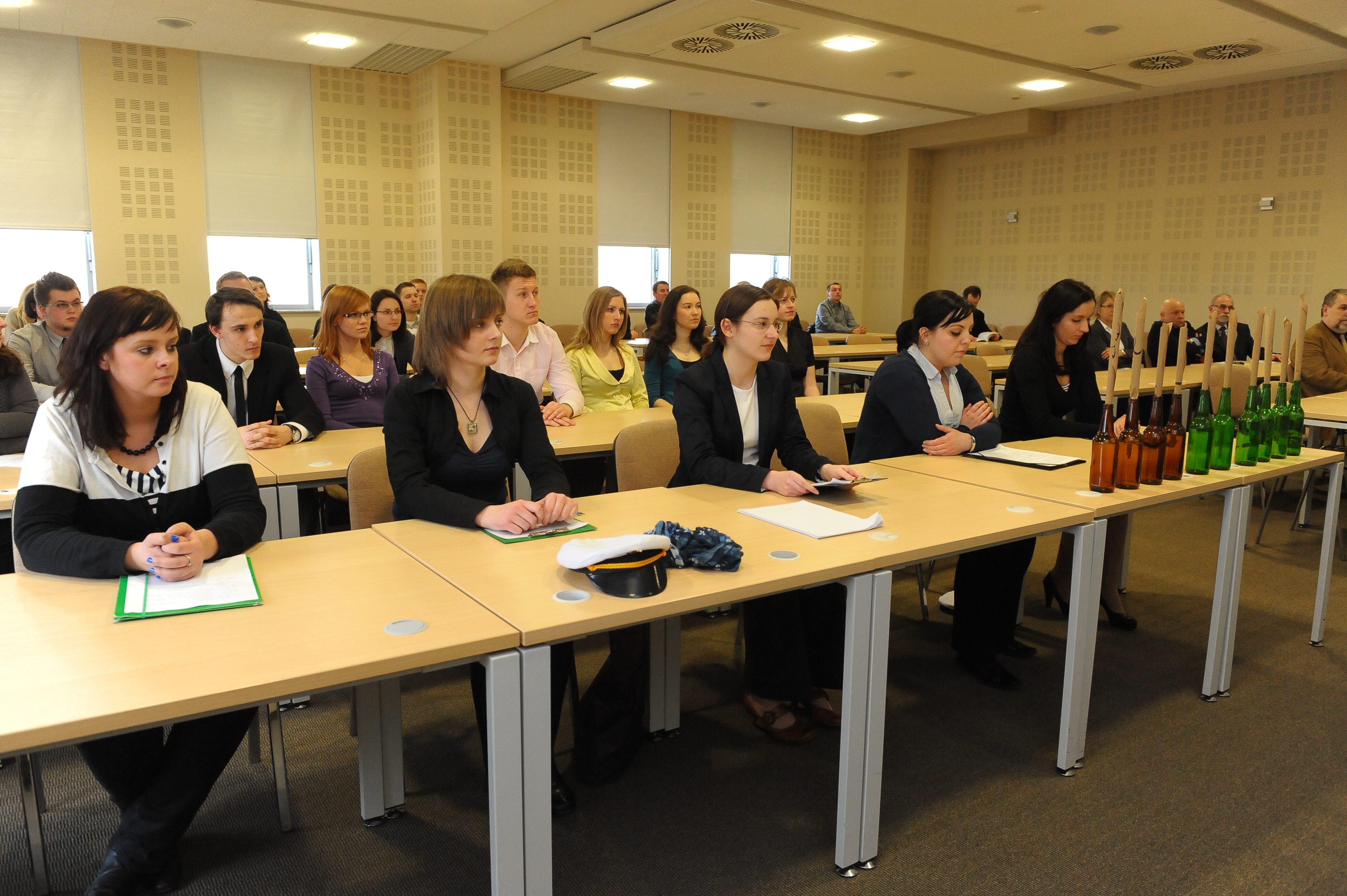
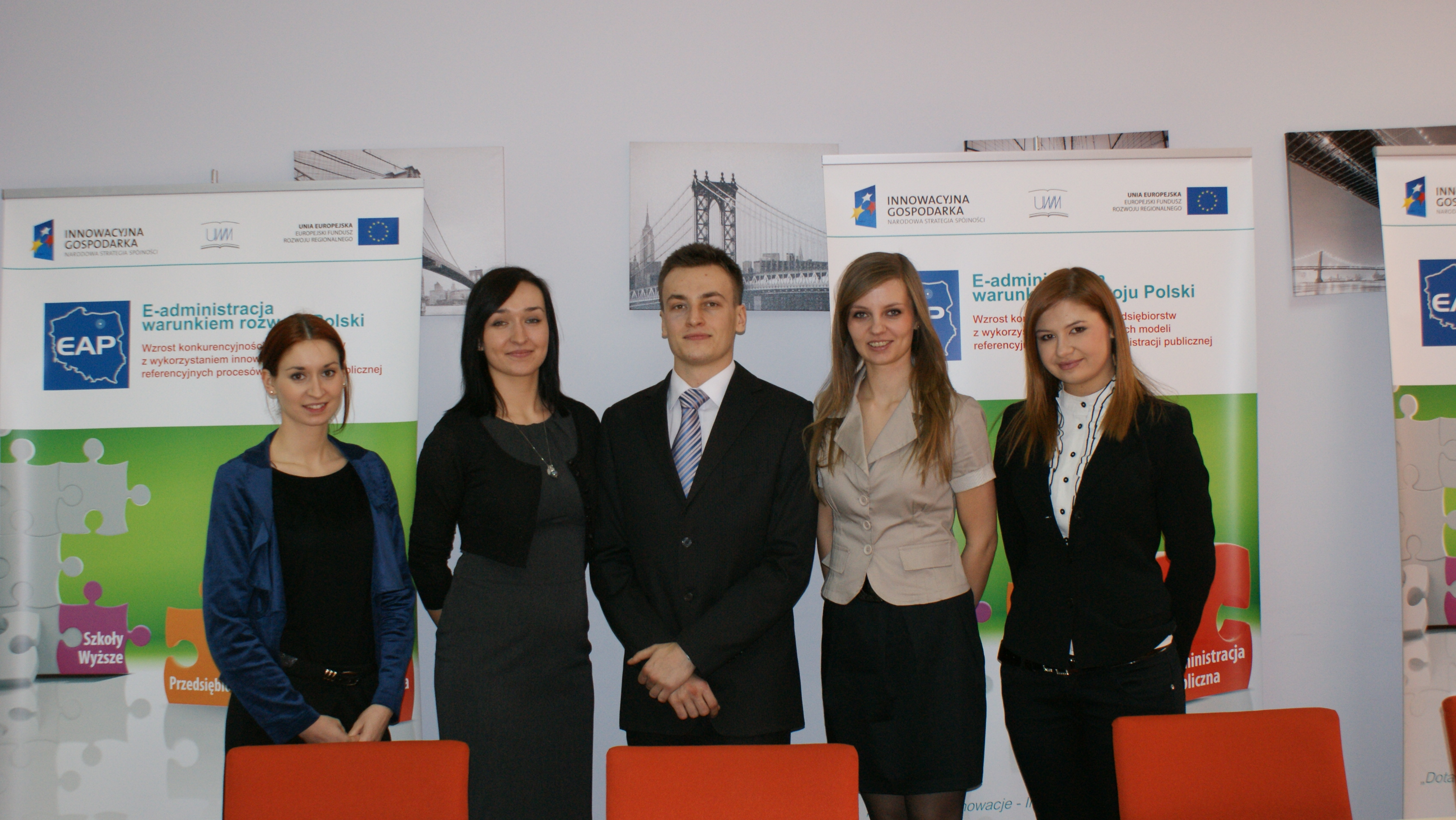
Further information about the course can be found here, and through contacting Dominika Kuberska, PhD.






